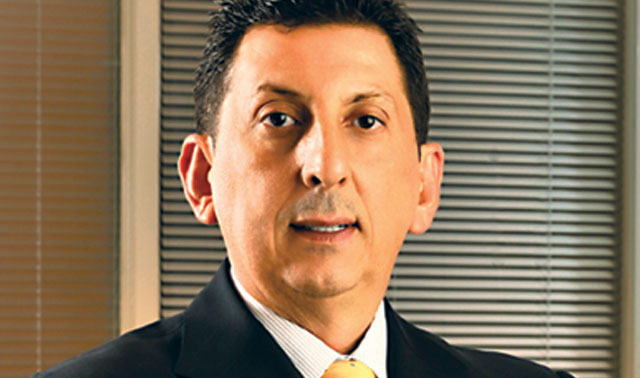
In a few short years, voice telephony will effectively be free of charge for both contract and prepaid users. That’s the view of MTN South Africa’s newly appointed CEO, Ahmad Farroukh, who says the industry will in future need to make money from data and value-added services.
This will mean a tectonic shift for a sector that still makes most of its revenues and profits from voice calls. But Farroukh believes it’s inevitable and says it’s already happened in international markets.
“It will happen in two, three, maybe four years,” he tells TechCentral. “Voice will be a commodity where you pay ‘X’ amount per month and you have all this [unlimited] voice. It will have a shock [effect] at first — everybody will talk, they won’t sleep, then it will decrease to normal levels.”
And it’s not only contract customers who will benefit, he says. “Prepaid users are not second-class citizens,” he says. They, too, have free voice calls within the next three or four years, he says. “We’ll make money from this package of access we offer — whether it’s data, downloading a movie or an application, or playing a game.”
But if voice is going to be free, why the big fight in the industry over mobile termination rates? “I don’t know, honestly,” says Farroukh. Termination rates are the regulated fees operators charge each other to carry voice calls between their networks and have been the subject of intense focus and discussion in South Africa in recent years.
Although Farroukh says he disagrees with the decision by communications regulator Icasa to set termination rates for a period of four years, until 2018 — he says this makes no sense as it’s not possible to forecast operators’ costs that far into the future — he believes that the industry needs to move on to other, more pressing issues.
Even when it comes to “asymmetry”, where Telkom Mobile and Cell C receive more through call termination from MTN and Vodacom than is the case in reverse, he says it’s also time to “let it be” and move on. “We don’t think it should be more than 30%, but honestly, let’s let it go. We need to focus on our business and put effort into something else.”
That something else, he says, is ensuring operators can get access to additional sites to allow them to expand their networks and build 4G/LTE infrastructure. The inability to build new sites or to build them in a reasonable period of time is holding back the industry, he says.
“We can’t put an antenna into Cape Town,” he says, despite the fact that the city urgently requires better mobile network coverage. — (c) 2014 NewsCentral Media




